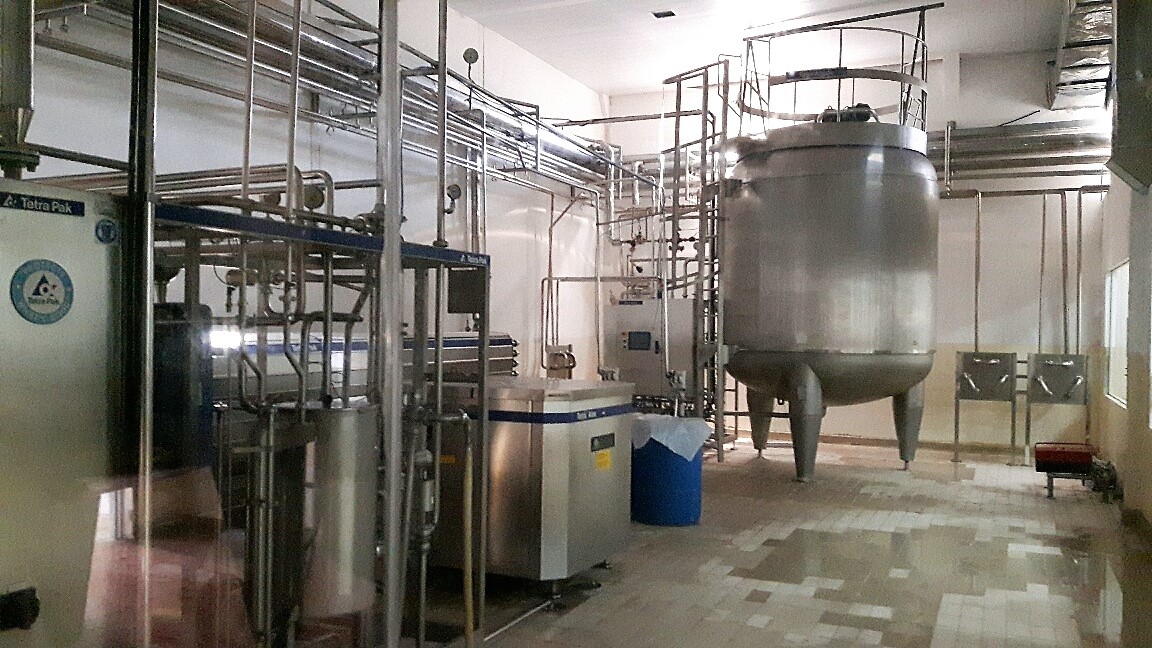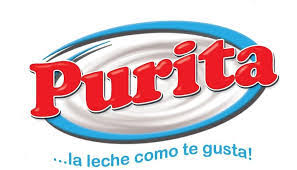The importance of a good Company Assessment
25-05-2018The Company Assessment tool developed by Agriterra allows to get a deep understanding of farmers organisations to ensure the best quality and results on our advice. A good Company Assessment can show positive effects in farmers organisations in the short term.
Business advisors Guido Guerra and Alejandra Bazoberry assessing “La Purita”
As Business Advisors for Agriterra, before starting our collaboration with farmers organisations, we perform a Company Assessment. The Company Assessment tool consists of a full week of analysis work with our potential clients. During that week, we dissect every aspect of the organisation like its business model, its finances, governance, human resources strategy and the commitment of the members. This way we ensure the quality and results from our possible future collaboration.
On this occasion, Bolivia’s Team was deployed to Yapacani, in the tropic of Santa Cruz, to perform a Company Assessment to a dairy company owned by 230 farmers called “La Purita”. The company was keen to develop a new powder milk production line. But was it a good idea?
Why the new production line?
The first question that comes to mind as a Business Advisor is why a new powder milk production line? The answer was straightforward. La Purita was created to buy milk at a good price from famers, who are, at the same time its shareholders. However, milk processing has been stagnant for the last three years. By incorporating milk powder to their portfolio, they can buy more milk and therefore benefit their farmers.
Although the plan sounds good, there is something that doesn’t fit well. At the moment, La Purita sells milk and yogurt through party distributors, who position the products in supermarkets, markets and grocery stores. However, powder milk has different distribution channels that are focused on industrial and institutional customers. Also, la Purita’s products have added value through brand position and customer loyalty, while powder milk is a commodity that competes solely on price.
Moreover, Bolivia is known for having expensive milk, which costs twice as much as in some neighbouring countries like Argentina and Colombia sometimes. So, it is going to be a tough business to sell locally and almost impossible to export. Therefore, we wanted to check their production costs and volumes to see if there are better alternatives.
Why milk processing is stagnant?
If milk processing has been stagnant either your famers do not supply enough milk, your factory capacity has reach its limit or market demand is struggling to absorb more offer.
Firstly, we met with farmers to check if milk supply was scarce. Surprisingly, it was the opposite. They were increasing milk production at an exponential rate and were facing serious problems to accommodate the volume of supply into dairy firms. The only chance to accommodate surpluses was selling milk at BOB (Bolivian currency) 1.50/litre to other dairy firms, but the problem is that the price is way below the production cost of BOB 2.2/litre and an abysm from the regular market price of BOB 3.00/litre and the “premium price” BOB 3.30/litre that La Purita pays to its farmers.
Later we visited La Purita, the factory, and met with managers and workers. From what we could observe, their production process is very good. They have an efficient layout, cutting-edge technology, trained personnel and good working procedures. We concluded that it must be a factory capacity problem then, and again, to our surprise, it was the opposite. The factory has the capacity to process twice the current volume they are processing now and as you can imagine, there is idle productive capacity.
After that, we checked market demand, interviewing distributors and customers. They explained to us that La Purita’s products are renowned for their quality and tasty flavour. However, prices are not very competitive. At the same time, La Purita’s traditional markets were mature with stagnant demands.

What can we do to increase market demand then?
If there is idle productive capacity, please rethink building a new production line as it won’t solve the underlying problems rooted in the lack of portfolio competitivity. But, why are La Purita’s products not competitive if production processes are very good?
A 900ml bag of milk is a good example. La Purita pays BOB 3.30/litre to its farmers and sells the 900ml bag at BOB 5.00/litre to distributors, charging only 20 cents of margin per bag, because they can´t charge more if they want to be competitive. Raw milk represents 2/3 of the total cost structure, however, by paying a 10 percent more, as part of the premium price to its farmers, the product becomes expensive and sales margins narrow. Distributors and customers have no incentives to increase demand and La Purita has no financial capacity to expand into new markets.
How can we solve this situation?
The answer seems very simple, namely by lowering premium price the farmers currently receive. However, you can expect strong opposition if your only proposal is to cut prices for farmers by 10 percent. The struggle is now to create a win-win situation for La Purita and its farmers.
As explained before, farmers were facing serious problems to accommodate milk surpluses, selling them at BOB 1.50/litre to another company and creating a gap of BOB 1.80/litre with the premium price paid by La Purita. In other words, it was more profitable for the famer to sell one litre to La Purita and give one for free than selling two litres as surplus.
By eliminating the premium price, La Purita would be more competitive, increasing sales margins and profits which could be reinvested in market expansion instead of subsidizing the premium price.
And at the end of the day for every new market La Purita enters, its a farmer benefit in three ways:
- They receive double the current payment for milk surplus (BOB 3.00 vs BOB 1.50)
- Soaring profits increase the annual dividend
- Shares increase in value, acting as a sort of pension fund for the farmer
Did La Purita took action?
Indeed, they did! After Agriterra´s team presented the financial study to the board, management team and farmers, La Purita reached an agreement, with its farmers, to eliminate the premium price. These are great news, because changing the price will increase internal capital by USD 300.000 in one year. With this capital La Purita will enter new markets like Sucre (population 300.000) and Beni (population 420.000). And with the financial support of Agriterra the firm is conducting a market study to benchmark competitors and find the best marketing strategies for their products.
Finally, after five months sales are on the rise!

